The 16th group to visit Japan under the US Congressional Staff Program engaged in a week-long series of intensive discussions on major issues of mutual concern to Japan and the United States from August 20–27, 2000. A companion program to the long-standing US-Japan Parliamentary Exchange Program, JCIE established this program in 1982 in recognition of the vital role the Congressional staff plays in the US legislative and policy processes. Like the program for Members of Congress, the Staff group had a series of discussion meetings with Diet members from both ruling and opposition parties, officials of key government agencies, businessmen and academic specialists.
This year’s program brought eight senior staffers, both majority and minority, from the House and the Senate. Their areas of responsibility and expertise ranged from domestic agriculture to international security.
The American participants in the program met several prominent political leaders—former LDP secretary-general Koichi Kato, Democratic Party president Yukio Hatoyama, New Komeito leader Takenori Kanzaki, and Social Democratic Party chair and former Speaker of the House, Ms. Takako Doi. They also met a group of several young Diet members, a highlight of the trip.
All the Congressional staff remarked on how impressed they were with the young politicians’ recognition of the need for political reform. A key point in the discussion was the desire of the young Diet members to reduce the role of the bureaucrats in policy-making, and get more involved themselves. The group discussed possible ways, including creating a stronger legislative staff force (though not to US levels) and taking advantage of think tanks. The staffers were impressed by all of the Japanese politicians’ openness and willingness to engage in a frank discussion.
The Congressional staff also had two meetings with officials of the government, the Ministry of Foreign Affairs and the Ministry of International Trade and Industry (MITI), as well as conferring with several economists, business executives and academic specialists. Ambassador Tom Foley invited the group to his residence for a briefing and discussion meeting, which was joined by several senior Embassy staffers. The delegation took field trips to the US Naval Base at Yokosuka, the National Defense Academy, and various historical sites in Kyoto.
As part of ongoing efforts to educate Japanese business and opinion leaders, JCIE cosponsored with the Japan Institute for Social and Economic Affairs a panel discussion on current American politics and economics. The Congressional staff served as speakers before an audience of some 150 leaders from various sectors including business, government, journalists and other private organizations. The panel discussion covered a wide range of topics from domestic politics and economics, to foreign trade and international security.
Throughout the program, the Congressional staff delegation was able to gain a good sense of what Japan is doing to reform its political and economic institutions, and what still needs to be done. The staffers expressed a sense that although the economy seems to be finally improving, the pace of recovery still appears sluggish. There was a consensus among most Japanese the group met with that reforms are vitally needed on both the economic and political fronts if Japan wants to be competitive in the global market and credible internationally. All agreed, however, that what is lacking and needed is strong political will. After discussing economic reform with various Japanese experts, the staffers remarked that they could sense the tension between the cyclical school that thinks more stimuli is needed, and the structural school that believes the system itself must be reformed.
The staffers were glad to see the younger politicians’ expressing an interest in policy, as opposed to what was previously an exclusive concern with politics. The American delegation was also pleased with the consensus among many they met that there is a need to reduce the role of the bureaucracy. Also, they were impressed with the politicians’ willingness to talk about subjects that were once taboo, such as constitutional reform, the use of military force abroad, etc.
In foreign and security policy areas, widely discussed topics included recent and future developments on the Korean peninsula, the rise of China and the problems surrounding national missile defense. The delegation was surprised by the dominance of questions regarding Article 9 and the US military presence and bases in Japan. On the negative side, the staffers were disappointed in the slow pace of Internet infrastructure deployment. They felt, and all Japanese they met emphasized, that it is imperative that Japan speed up the development of its IT industry.
Participants
Participants
DAN BOB, Special Assistant for Asian and Pacific Affairs to Senator William Roth (R-DE), Chairman of the Senate Finance Committee
SKIP FISCHER, Legislative Assistant to Senator John McCain (R-AZ), Chairman of the Senate Commerce Committee
JACK HORNER, Director of Legislative Services, House Republican Conference
ANGELA MARSHALL, Legislative Counsel for Trade, Agriculture and Judiciary to Senator Max Baucus (D-MT)
DANIEL NAVISKY, Policy Assistant to House Democratic Leader Richard Gephardt (D-MO)
SHARON RINGLEY, Deputy Chief of Staff to Representative Rick Boucher (D-VA)
MICHAEL SCHIFFER, Legislative Assistant to Senator Dianne Feinstein (D-CA)
THEODORE VAN der MEID, Counsel and Director of Floor Operations to House Speaker Dennis Hastert (R-IL)
The program is funded from private sources in Japan and the United States, including a major grant from the Starr Foundation.



